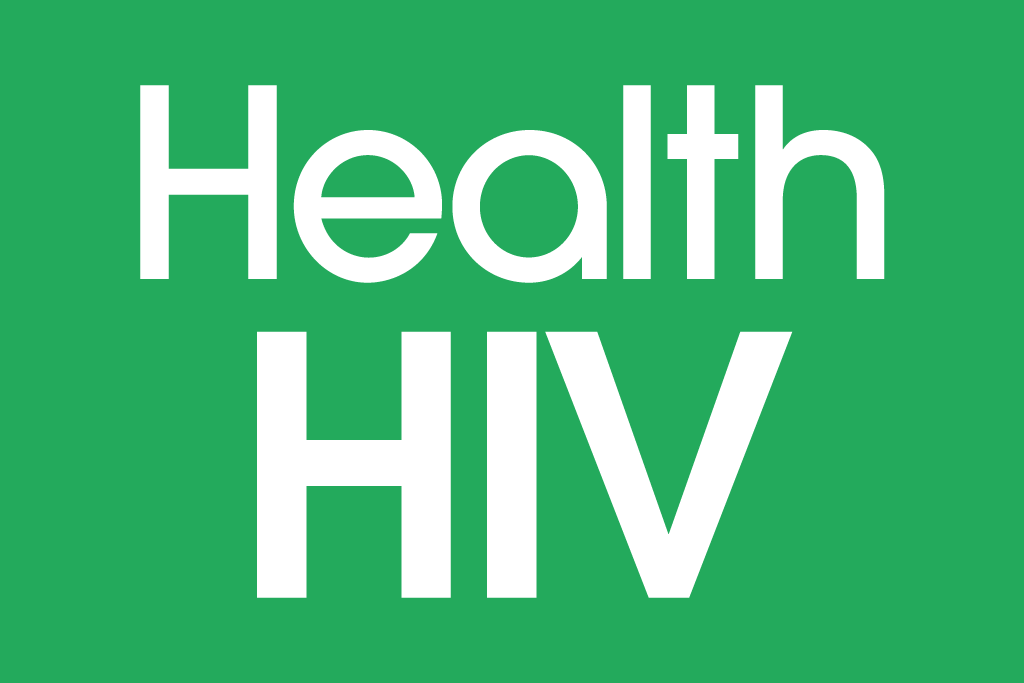Statement from HealthHIV and the National Coalition (“Coalition”) for LGBTQ Health on the Final HOPE Act Rule
The Department of Health and Human Services (HHS) has amended regulations under the National Organ Transplant Act (NOTA) to remove clinical research and institutional review board (IRB) requirements for kidney and liver transplants from donors with HIV to recipients with HIV. This decision, authorized by the HIV Organ Policy Equity (HOPE) Act, reflects the Secretary of HHS’s determination that such research requirements are no longer necessary. The final rule directs the Organ Procurement and Transplantation Network (OPTN) to update standards ensuring these transplants meet quality and safety requirements consistent with NOTA. These changes aim to expand access to life-saving transplants while maintaining transplant safety.
Access the HOPE Act at the Federal Register
HealthHIV and the Coalition applaud the Department of Health and Human Services (HHS) and the National Institutes of Health (NIH) for the release of the final rule removing research and Institutional Review Board (IRB) requirements for kidney and liver transplants under the HIV Organ Policy Equity (HOPE) Act. This pivotal change reflects a growing body of evidence demonstrating the safety, efficacy, and critical need for expanded transplant access for persons living with HIV.
The removal of these requirements represents a transformative step toward health equity, enabling transplant centers across the U.S. to participate in the HOPE Act program. By reducing procedural barriers, the rule will expand the donor pool, decrease transplant wait times, and provide life-saving care to individuals who historically faced disproportionate barriers due to stigma, outdated policies, and geographic limitations.
This policy also embraces person-first language, further dismantling stigma and fostering an inclusive healthcare environment. Such linguistic updates align with HealthHIV’s and the Coalition’s mission to prioritize respect and dignity for all Persons living—and aging—with HIV.
As individuals living with HIV disproportionately experience comorbidities like end-stage renal and liver diseases, this expansion of transplant opportunities offers a vital pathway to improved health outcomes. And, for persons aging with HIV—including those over 50, individuals with high medical acuities, and those born with HIV—these updates address unique challenges such as accelerated aging, a higher prevalence of chronic illnesses, and complex medication regimens, offering a crucial lifeline. Importantly, the streamlined processes will ensure that transplant candidates retain autonomy and access to a broader range of care options, fostering longevity, resilience, and a higher quality of life as they navigate the intersection of aging and HIV-related health needs.
HealthHIV and the Coalition remain committed to supporting the implementation of these policies—advocating for continued monitoring of outcomes to ensure patient safety, and collaborating with federal agencies to address barriers to organ transplantation. Together, we can further the transformative potential of the HOPE Act in reducing disparities and saving lives.
Final Rule Removes Clinical Research Requirements for Kidney and Liver Transplants from Donors with HIV
November 26, 2024 — Today, the U.S. Department of Health and Human Services (HHS) announced a final rule that will expand access to kidney and liver transplants for people with HIV by removing clinical research requirements for these transplants. This action marks a significant step forward in increasing the availability of life-saving organs for all patients regardless of their HIV status while continuing to reduce barriers and stigma for people with HIV.
The final rule, which further implements the HIV Organ Policy Equity (HOPE) Act, removes the clinical research and institutional review board (IRB) approval requirements for kidney and liver transplants between donors with HIV and recipients with HIV. This change is based on research demonstrating the safety and effectiveness of kidney and liver transplants between donors and recipients with HIV.
“We continue to do everything in our power to increase access to life-saving organs while addressing health inequities faced by people with HIV,” said HHS Secretary Xavier Becerra. “This rule removes unnecessary barriers to kidney and liver transplants, expanding the organ donor pool and improving outcomes for transplant recipients with HIV. This evidence-based policy update demonstrates our commitment to ensuring all Americans have access to the care they need.”
“Research shows that kidney and liver transplants between donors and recipients with HIV can be performed safely and effectively,” Assistant Secretary for Health Admiral Rachel L. Levine, M.D., added. “This policy change reflects our commitment to following the evidence and updating our approaches as we learn more. By removing research requirements where they are no longer needed, we can help more people with HIV access life-saving transplants.”
“This new policy is a significant step forward in expanding access and reducing wait times for life-saving organ transplants for people with HIV,” said Carole Johnson, Administrator of the Health Resources and Services Administration. “This action is a key element in the Health Resources and Services Administration’s broader work to ensuring people with HIV have access to the care, treatment and supports they need to live long, healthy lives.”
This final rule builds on the Biden-Harris Administration’s commitment to advancing health equity and reducing barriers to care for people with HIV. By increasing the pool of available organs and streamlining the transplantation process, this policy can save lives, reduce stigma and discrimination associated with HIV, and lower costs and wait times.
The final rule applies specifically to kidney and liver transplants, for which the evidence is robust, and shows the power of biomedical evidence to inform policy. The HOPE Act expansion was driven by a large body of evidence, much of which was funded by the National Institutes of Health (NIH) and HHS, including recent findings from an NIH-funded study demonstrating noninferiority of kidney transplants between donors and recipients with HIV compared to transplants from donors without HIV to recipients with HIV.
In tandem with the final rule, the NIH published a notice seeking public comment on a proposed revision to its research criteria for HOPE Act transplants of other organs, such as heart, lung, and pancreas. This effort aims to streamline the HOPE Act research requirements and continue to build an evidence base of outcomes data on HOPE Act transplants of organs other than livers and kidneys.
Find lifesaving information about organ donation at organdonor.gov.



